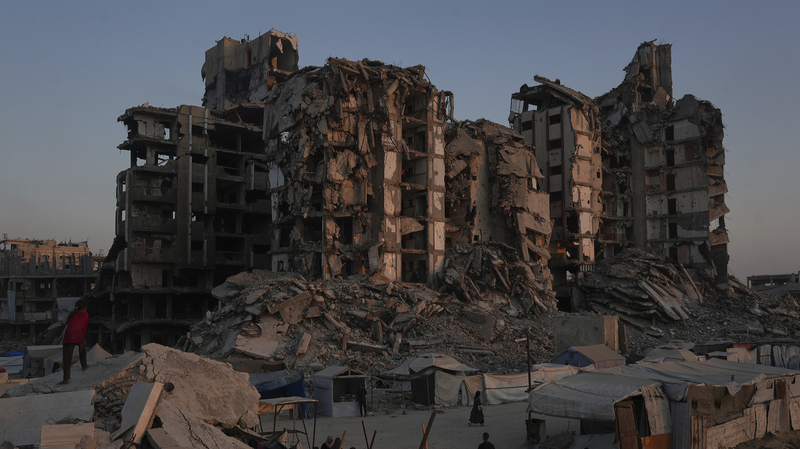Stalled ceasefire: This week, the U.S. and Israel withdrew from 60-day truce talks with Hamas in Qatar, ending hopes of an immediate pause to hostilities. Israeli Prime Minister Benjamin Netanyahu hinted at “alternative” strategies to free the remaining 50 hostages and dismantle Hamas’s rule in Gaza.
Breaking point: U.S. President Donald Trump told reporters that Hamas “didn't want a deal” and would instead be “hunted down.” The group’s response, decried by American and Israeli officials, blamed the impasse on external pressure to favor Israel’s demands over a balanced ceasefire agreement.
Humanitarian fallout: Gaza’s 2.2 million residents face mass hunger as aid convoys remain stalled. Medical authorities reported nine deaths from acute malnutrition in the past 24 hours, while UN agencies warn that specialized therapeutic foods for malnourished children are almost exhausted. Despite Israel’s approval of limited air-drops, Gaza officials insist a steady flow of aid trucks is vital to stave off famine.
Global ripple effects: In a surprising move, French President Emmanuel Macron recognized an independent Palestinian state, becoming the first major Western power to do so. President Trump brushed off the decision as lacking weight. Britain and Germany have held back, stressing that humanitarian relief and a lasting ceasefire must come first.
Looking ahead: With formal talks on ice and hunger spreading, Gaza’s future hangs in the balance. Some experts see a return to military escalation, while digital activists and thought leaders are mobilizing online campaigns to boost aid and push for renewed diplomacy. For young global citizens, entrepreneurs, and change-makers, this crisis underscores the urgent need for innovative solutions to one of the world’s most complex conflicts.
Reference(s):
U.S., Israel signal retreat from Gaza truce talks with Hamas
cgtn.com



